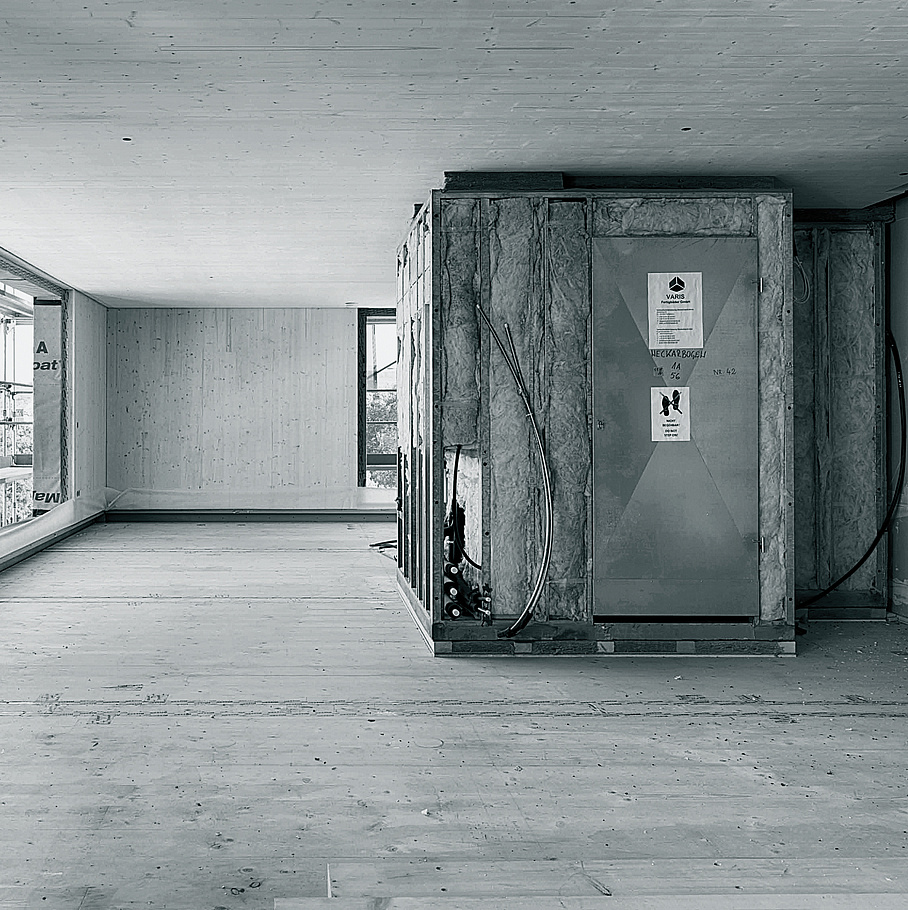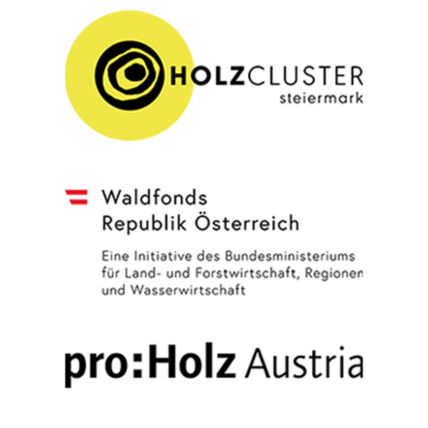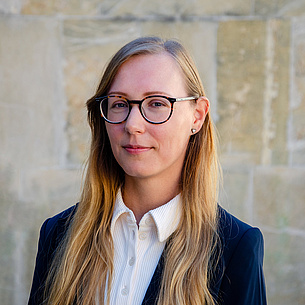Timber Structures and Technical Extensions
The university course “Timber Structures and Technical Extensions” offers construction-industry professionals the opportunity to expand their knowledge and skillset with regard to key developments in timber construction with this unique in-service training.
The course provides in-depth training in timber protection measures, unique building physics properties of timber structures and technical expansions of timber buildings, but also state-of-the-art and future-oriented design strategies such as resilient building and construction as well as recyclability of timber structures.
It is the perfect way to enhance your professional knowledge and actively shape the modern timber construction industry, making full use of the strong value chain that is developing around timber as a building material.

Dates and deadlines
- Course start: 17 January 2025, 16:30-18:30 (online) - schedule (only available in German)
- Application deadline: 13 December 2024
Discounts and funding
Opportunities for additional funding (selection)*
- Austrian Research Promotion Agency (FFG): Skills Schecks 2024 | FFG
- Steirische Wirtschaftsförderungsgesellschaft mbH (SFG): Weiterbildung mit Weitblick: Weiter!Bilden - SFG
*Please note that this list is for your information only and TU Graz does not guarantee that you will be approved funding.
In cooperation with

Content
The university course consists of 3 modules each worth 5 ECTS credit points:
- Module name: Sustainable Timber Structures (timber protection measures, resilient timber construction ‒ durable construction, recyclable timber construction)
- Module name: Building Physics and Fire Protection and Prevention in Timber Construction (building physics in timber construction, behaviour of flammable components and fire protection in timber construction, fire-protection measures)
- Module name: Technical Extensions (technical expansions in/with timber structures, layer separation with regard to service life, interplay of building typology and building technology)
Forms of teaching and learning
Each module consists of three stages:
- Online stage: At this stage, participants learn theoretical knowledge in courses that are either presented or unlocked on a weekly basis. The courses make use of teaching aids such as learning videos, accompanying online material and peer interaction. Optional self-assessment allows participants to check and review the material learned. The online learning platform also features a forum in which learners can contact and exchange ideas with lecturers or with each other. This self-learning phase is focused on independent study of the basic literature. Participants are expected to work out basics and to prepare for or follow up on individual or group work in the in-person stage.
- In-person stage: The in-person stage is conducted as a mixture of teacher-centred lectures and peer discussions, excursions and seminars. A particular focus is on joint discussions and interdisciplinary work (in plenary, in groups). Theoretical information is illustrated and consolidated with the aid of examples, and tasks are completed in the form of individual or group work.
- Transfer stage: A transfer or design project related to real-life work rounds off the didactic concept of the university course. These projects are developed in interdisciplinary groups depending on the constellation of course participants.
After completion of the university course, you will have
- comprehensive knowledge of how to work on resilient and robust timber structures, including complex detailed planning with high demands on structural timber protection.
- the ability to recognise structural challenges in multi-storey timber construction projects and to develop designs that meet all required or standardised goals in terms of acoustics, sound insulation, fire protection and thermal insulation.
- basic technical knowledge of building services, building physics and fire behaviour in relation to timber structures; you will be able to take into account the relationships between construction methods and building typologies with the technical expansions during planning.
- the skills to develop high-quality (design) strategies for resilient and circular construction with timber in an interdisciplinary planning and execution team.
Target groups and admission requirements
The university course is aimed at specialists and leaders in the construction industry who wish to further their education and position themselves in the field of timber construction.
In particular, the university course is aimed at
- Architects
- Civil engineers
- Planning master builders
- Master carpenters
who want to increase their expertise and skillset in the field of contemporary timber architecture.
The prerequisite for admission to the university course “Timber Structures and Technical Extensions” is one of the following qualifications:
- Completed academic degree in architecture / civil engineering
or
- Completed master craftsman’s examination in the field of timber construction
or
- Completed master builder examination
Future fields of work
The skills acquired in the university course allow graduates to work on or develop timber construction projects as specialists and managers in civil engineering firms (architecture, civil engineering) or to work in timber construction companies.
Depending on the graduate’s specific professional background, the following fields of work are suitable:
- Timber construction consultant, project manager, e.g. in public institutions
- Demanding (management) functions in timber processing companies
With a professional background in architecture:
- Timber construction architect
With a professional background in civil engineering:
- Timber construction structural engineer
With a professional background in architecture or civil engineering:
- Timber construction building designer
- Timber construction engineer
Academic management
Institute of Architecture Technology, Chair of Timber Construction at TU Graz
Tom Kaden
Dipl.-Des. BDA Univ.-Prof.
Bettina Gossak-Kowalski
Dipl. Ing.
gossak-kowalski@tugraz.at

Contact
Application
Please submit the completed application form (in German) by e-mail or post to:
TU Graz Life Long Learning
z.H. Sarah Meinhardt, BA
Stremayrgasse 16
8010 Graz

Contact
Sarah Meinhardt
BA
TU Graz Life Long Learning
Tel.: +43 316 873 4945
lifelong.learning@tugraz.at

